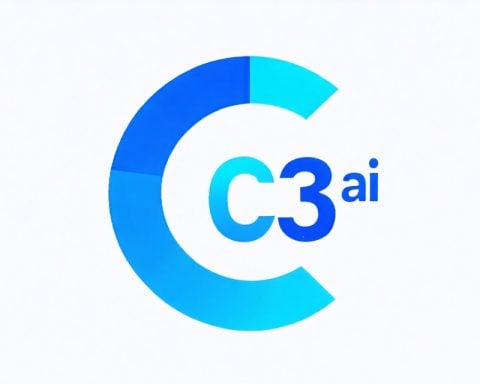Revolutionizing the AI landscape
In the competitive world of artificial intelligence chips, two tech giants are at the forefront. While Nvidia faces export restrictions that limit its reach in China, Huawei is stepping up to fill the gap with its Ascend chip series. Recent claims suggest that Huawei’s AI chip is not only on par with Nvidia’s offerings but may even outperform them in certain tests.
Shifting market dynamics
Despite Nvidia’s dominance in the AI processor market, Huawei’s share is steadily increasing, posing a potential threat to the status quo. With innovations in chip design and performance enhancements, Huawei is challenging the traditional narrative and shaping a new era in AI technology.
Overcoming obstacles
Even with export controls in place, Huawei has managed to design high-performing chips that can be manufactured domestically. The company’s strategic modifications, such as adding vector units and increasing clock speeds, have resulted in significant performance boosts, showcasing its resilience and adaptability in the face of challenges.
Looking ahead
As the competition between Nvidia and Huawei heats up, the future of AI chip technology looks promising. With each company pushing the boundaries of innovation and efficiency, businesses and consumers can expect continued advancements that will shape the way we interact with AI-powered devices.
Expanding AI Chip Market Attracts New Entrants
In the rapidly growing landscape of AI chips, several new players are making significant strides to compete with established giants like Nvidia and Huawei. One such company gaining attention is AMD, known for its prowess in the CPU market. AMD has unveiled its Ryzen series of processors, which are equipped with advanced AI capabilities to cater to the increasing demand for AI-centric computing solutions. This development has sparked curiosity among industry experts, who are eager to see how AMD will stack up against the current frontrunners.
Key Questions and Insights
1. What unique advantages does AMD bring to the AI chip market?
– AMD’s proven track record in CPU innovation could give it a competitive edge in developing AI chips that offer a balance of performance and efficiency.
2. How will the entry of new competitors impact the rivalry between Nvidia and Huawei?
– The emergence of AMD and other challengers could intensify competition, leading to further advancements and price competition in the AI chip market.
Challenges and Controversies
One of the key challenges faced by companies like AMD entering the AI chip market is the need to establish credibility and trust among consumers and businesses. While Nvidia and Huawei have already built a strong reputation in this space, new entrants must work hard to prove the reliability and effectiveness of their AI chip solutions.
Advantages and Disadvantages
Advantages:
– Increased competition can drive innovation and lead to more diverse AI chip offerings for different use cases.
– Consumers may benefit from competitive pricing and improved performance as companies strive to outdo each other.
Disadvantages:
– Intensified competition could lead to aggressive marketing tactics and potential compromises on quality to gain market share.
– The influx of new players may create confusion in the market, making it challenging for businesses to choose the most suitable AI chip solution for their needs.
As the AI chip market continues to evolve with the entry of new competitors, it will be crucial for companies to navigate the challenges and capitalize on the opportunities presented by this dynamic landscape.
Related link: AMD official website






















